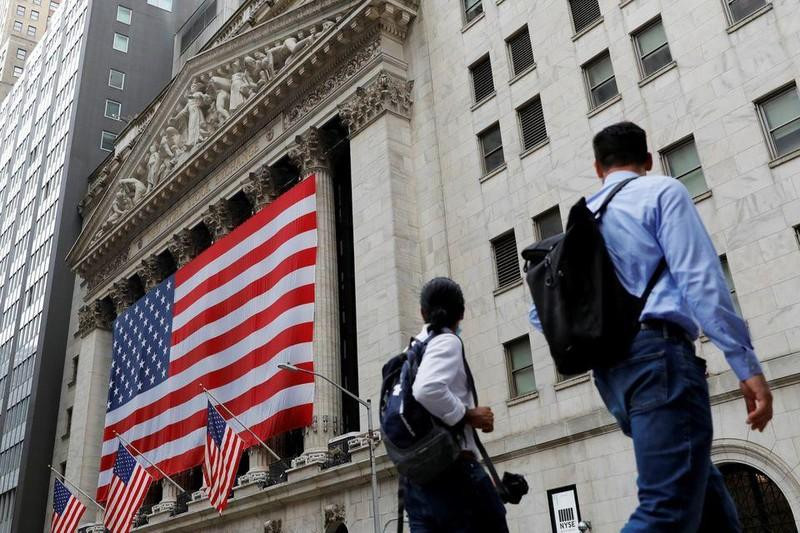According to data from the US Department of Labour, consumer prices in November increased 7.1% over the same period in 2021, lower than the 7.7% rate in October.The prices of key groups of goods and services rose less than forecast.
Especially, the prices of used cars, a factor that caused the sharp increase in inflation during the COVID-19 pandemic, decreased by 2.4%, marking the 4th consecutive month of decline. Rents, airfares, medical services and apparel prices all fell.
Assessing the outlook for the world's No.1 economy, Secretary of the US Treasury Janet Yellen said, inflation will gradually decrease in 2023 and stay at a significantly low level by the end of the year if there is no unexpected shock.
Secretary Janet Yellen acknowledged the US economy was at risk of recession, but she said this is not a factor affecting inflation. The economic growth has been slowing down, but inflationary pressure is being removed and the labour market is still healthy, added Janet Yellen.
The US Treasury Secretary expressed her hope, that the increase in the inflation index this year is also short-term and the US government has learned many lessons about the need to curb inflation after a price increase, like what happened in the 1970s.
The survey results, which have been recently released by the Federal Reserve Bank of New York, showed thatconsumers are optimistic that inflation will decrease significantly in 2023. Survey participants believed that annual inflation will reach 5.2%, 0.7 percentage points lower than the survey conducted in October. This is the lowest level since August 2021, the first stage of the inflation escalation that restrained the economy and forced the Fed to conduct a series of sharp increases in interest rates.
The personal consumption expenditures (PCE) price index, which is the main inflation indicator used by the FED when making monetary policy, showed signs of slowing down in October. Specifically, the PCE index in October increased by 6% over the same period in 2021, much lower than the sharp increase of September.
The cooling inflation and interest rates are positive signals for businesses. After the US inflation information was announced, stock prices in the US and Europe rose simultaneously. US President Joe Biden said that the US economy is witnessing signs of progress in the fight against inflation. Chief Market Analyst at Briefing.comPatrick O'Hare said that the FED should consider slowing down rate hikes, amid cooling inflation.
Meanwhile, in Europe, the grocery price inflation in the UK fell in November, the first drop in nearly two years.According to market research firm Kantar, the UK grocery price inflation over the four weeks to November 27 was 14.6%, down 0.1 percentage point from the record high in October, marking the decrease for the first time in 21 months.
The inflation rate in the Eurozone in November 2022 fell to 10%, lower than the record high of 10.6% recorded the previous month. This was the first time in 17 months that the Eurozone recorded a decrease in inflation. According to the German Federal Statistics Office, consumer prices in Germany fell slightly in November 2022, mainly due to lower oil prices.
According to preliminary data from the above agency, the inflation rate in Germany stood at 10% in November. Earlier in October, Germany's inflation rate reached 10.4%, the highest level since 1951. This was the first time following many price increases, inflation has fallen again in the "leading" country in Europe.
Both the US and Europe have been making efforts in the fight against inflation. The more-than-expected decreases in consumer prices and inflation have contributed to easing the pressure on the monetary policymakers of the world's top economies.
















